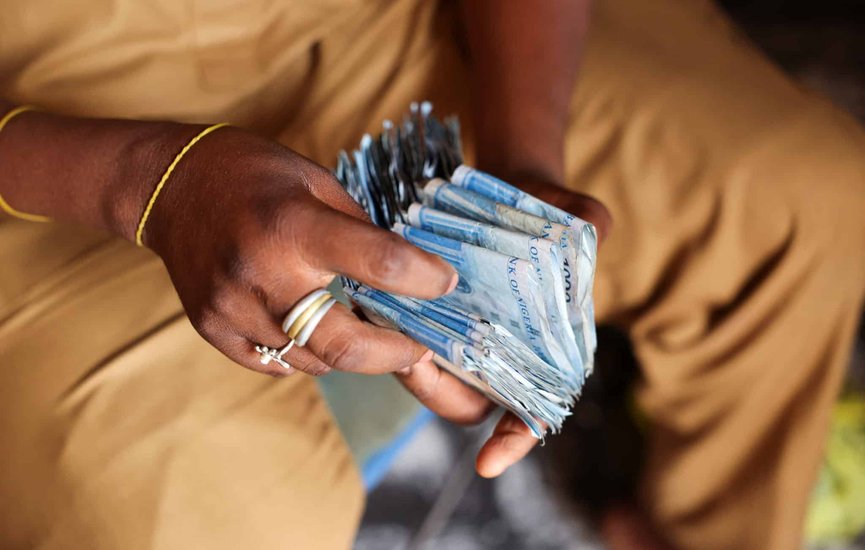Nigeria’s naira is showing signs of modest recovery, while Ghana’s cedi continues to face downward pressure as both currencies respond to shifting market dynamics in October 2025. The naira recently appreciated to ₦1,478 per dollar in the official market, up from ₦1,485 the previous week. This improvement is attributed to reduced demand for foreign currency and more favorable liquidity conditions, which have allowed the Central Bank of Nigeria to intervene more effectively. Rising foreign reserves and targeted dollar sales have also contributed to stabilizing the naira, offering cautious optimism for further gains.
In contrast, Ghana’s cedi has weakened from GHS 12.30 to GHS 12.50 per dollar within a week, despite ongoing interventions by the Bank of Ghana through foreign exchange auctions. The depreciation is driven by strong dollar demand from key sectors such as manufacturing, energy, and services, which continue to outpace supply. Analysts warn that competition for limited foreign currency inflows outside the official window is intensifying, making it difficult for the central bank to maintain stability. This trend reflects broader structural challenges in Ghana’s economy, including reliance on imports and limited external buffers.
Fitch Solutions projects that the cedi could end the year at GHS 15.50 to the dollar, citing global uncertainties and domestic vulnerabilities. While Ghana benefits from high gold prices and a projected current account surplus, these factors may not be sufficient to counteract the pressures on its currency. The outlook suggests that without significant policy shifts or increased foreign investment, the cedi may continue to slide.
Across the region, other currencies are also reacting to market forces. Zambia’s kwacha is weakening due to corporate demand for hard currency, while Kenya’s shilling remains relatively stable, supported by balanced dollar supply and demand. These developments underscore the complex interplay of global trends, domestic policy decisions, and sector-specific needs that shape currency performance across African economies. As countries navigate inflation, trade imbalances, and investor sentiment, currency stability remains a key indicator of economic resilience and strategic planning.
